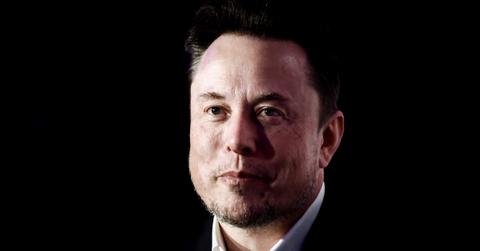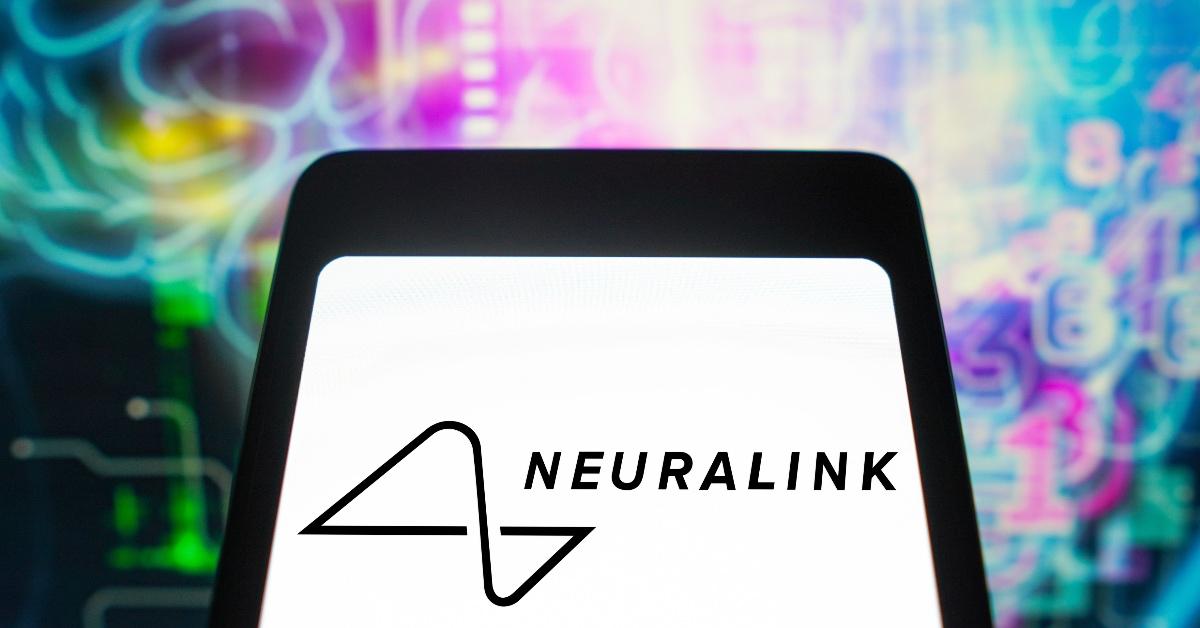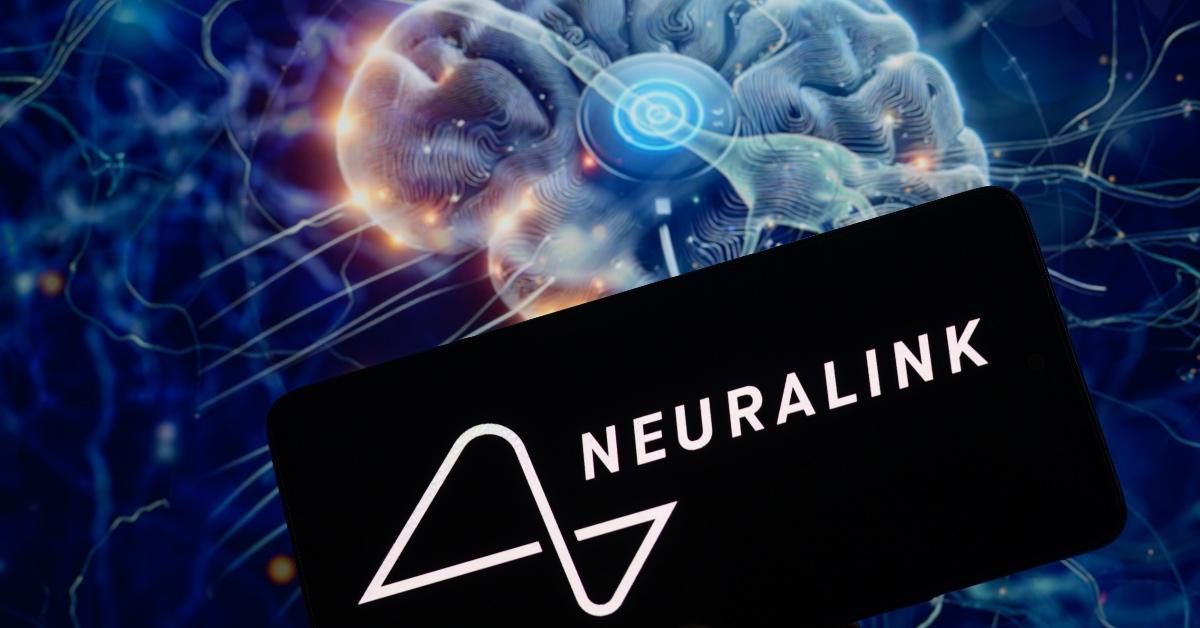Neuralink Human Trials Are Underway: Musk Says One Volunteer Can Do This With Their Mind
Elon Musk claimed a Neuralink volunteer "is able to move a [computer] mouse around the screen by just thinking."
Published Feb. 26 2024, 12:30 p.m. ET

Billionaire Elon Musk is no stranger to controversy, but the animal rights abuse accusations surrounding his company Neuralink have dominated conversations about his latest venture. According to Reuters, Neuralink, which the U.S. Food and Drug Administration cleared in May 2023 for human trials, sounds like something out of a science fiction novel.
The company is responsible for a brain chip designed to "create a generalized brain interface to restore autonomy to those with unmet medical needs today and unlock human potential tomorrow," per the company's website.
Now that human trials are underway, Neuralink has been giving sporadic updates about the results. Here's what founder Elon Musk says about the venture's progress and what we know.

The first Neuralink brain chip was implanted into a human volunteer on Jan. 28, 2024.
Musk revealed in a post to the platform X (formerly known as Twitter) on Jan. 29, 2024, that the first volunteer had received a Neuralink implant. "The first human received an implant from @Neuralink yesterday and is recovering well. Initial results show promising neuron spike detection," he wrote.
The implants used in Neuralink and other companies are called brain-computer interfaces or BCIs. According to a 2012 study, here's how a BCI works: It "acquires brain signals, analyzes them, and translates them into commands that are relayed to an output device to carry out a desired action." Scientists developed BCIs to help those with paralysis.
Other companies developing this technology besides Neuralink include Blackrock Neurotech, Neurable, BrainCo, EMOTIV, Thync, and Synchron.
In 2019, Neuralink revealed that it had created "threads" that could be implanted in the brain by a robot to read signals from the brain and transmit that information to a smartphone or tablet, per Vox.
The device used to implant these "threads" is known as Telepathy, and Musk wrote on X that it "Enables control of your phone or computer, and through them almost any device, just by thinking. Initial users will be those who have lost the use of their limbs. Imagine if Stephen Hawking could communicate faster than a speed typist or auctioneer. That is the goal."

In February 2024, Elon Musk announced a volunteer could move a computer mouse with their mind.
In a rare update from the Neuralink founder, Musk said on X Spaces on Feb. 20, 2024, that the volunteer with the Neuralink implant "seems to have made a full recovery, with no ill effects that we are aware of" and "is able to move a mouse around the screen by just thinking," according to Nature.
Musk added, "We’re trying to get as many button presses as possible from thinking, so that’s what we’re currently working on is — can we get left mouse, right mouse, mouse down, mouse up, which is kind of needed if you want to click and drag something, you need mouse down and to hold on mouse down," according to CNN.
While outsiders might see this as a triumphant feat, research says this is not unusual for BCIs. Bolu Ajiboye, a BCI researcher at Case Western Reserve University, told Nature, "A human controlling a cursor is nothing new," noting that the first person to have a long-term BCI implant first controlled a cursor in 2004.
Neuralink is the third company to have BCIs in clinical trial stages, behind the Johns Hopkins Department of Neurology and Synchron.